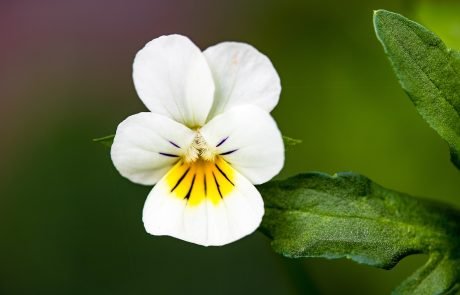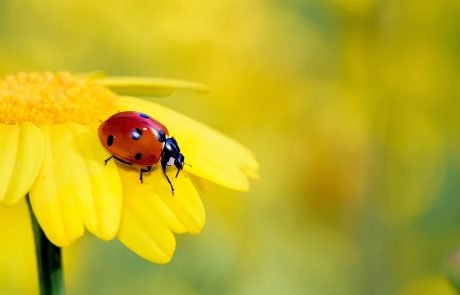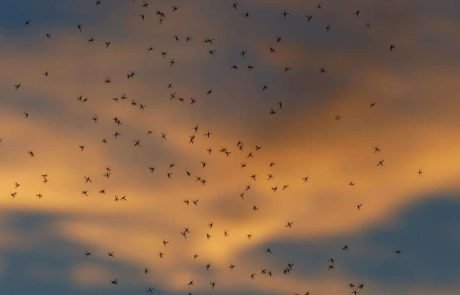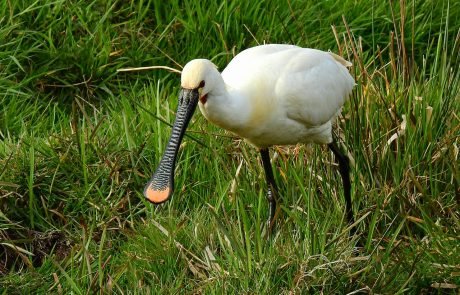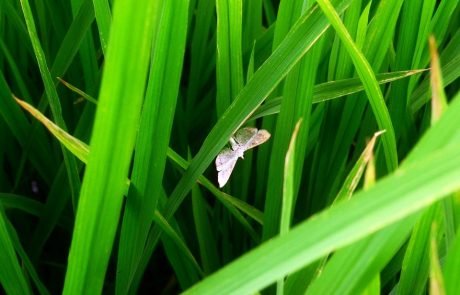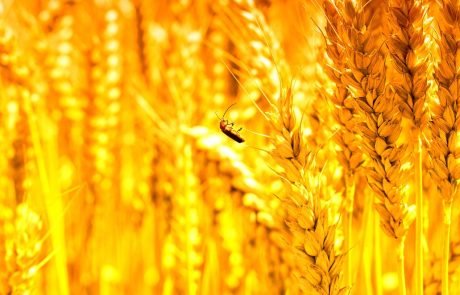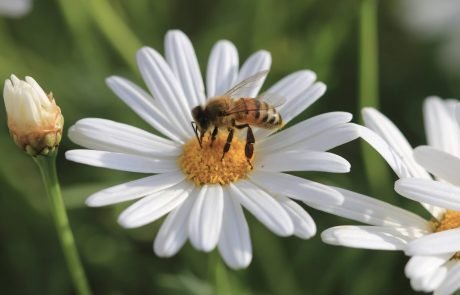Private gardens represent a steady and realisable supply of nectar to feed pollinators when farmland sources are limited, according to a study published in Proceedings of the Royal Society B.
All posts in insects
Flowering plants are finding alternative ways to grow without insect pollinators, according to a study published in the scientific journal New Phytologist. As the number of pollinating insects decreases, flowering
Throughout the world, we are witnessing a decline in the numbers of insects as well as a drop in diversity. Several studies published in a special issue of Biology Letters
Even simple changes you do in your garden can welcome more pollinators, according to a study published in the scientific journal Frontiers in Sustainable Cities. A team from Lund University,
Tens of millions of insects traveled 100km of open sea to reach Cyprus on their way to mainland Europe, according to a study published in the journal Ecography. A team
Wildlife watchers usually enjoy watching new species coming to the UK due to climate change, according to a study published in the journal People and Nature. Most of these species
Genetically engineered plants capable of producing sex pheromones to fight plant pests
A team from the Universitat Politècnica de València (UPV) and the Spanish National Research Council (Consejo Superior de Investigaciones Científicas, CSIC) developed genetically modified plants that can produce sex pheromones
Weedkiller glyphosate blocks the symbiotic relationship between bacteria and insects, according to a new study published in Nature (1). Insects exposed to glyphosate no longer receive essential compounds, like amino
In cities and towns, private home gardens are the most critical food source for pollinating insects, such as bees and butterflies, according to new research published in the Journal of
European activists are putting lives at risk in East Africa, turning a plague of insects into a real prospect of widespread famine. The fast-breeding desert locust has invaded Kenya, Somalia

